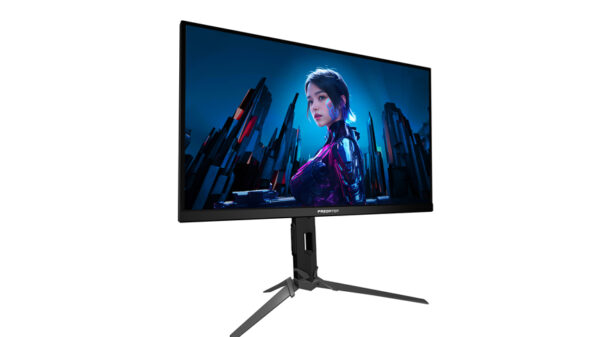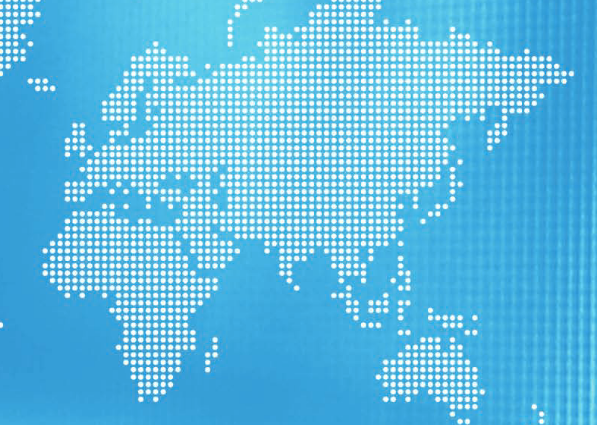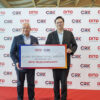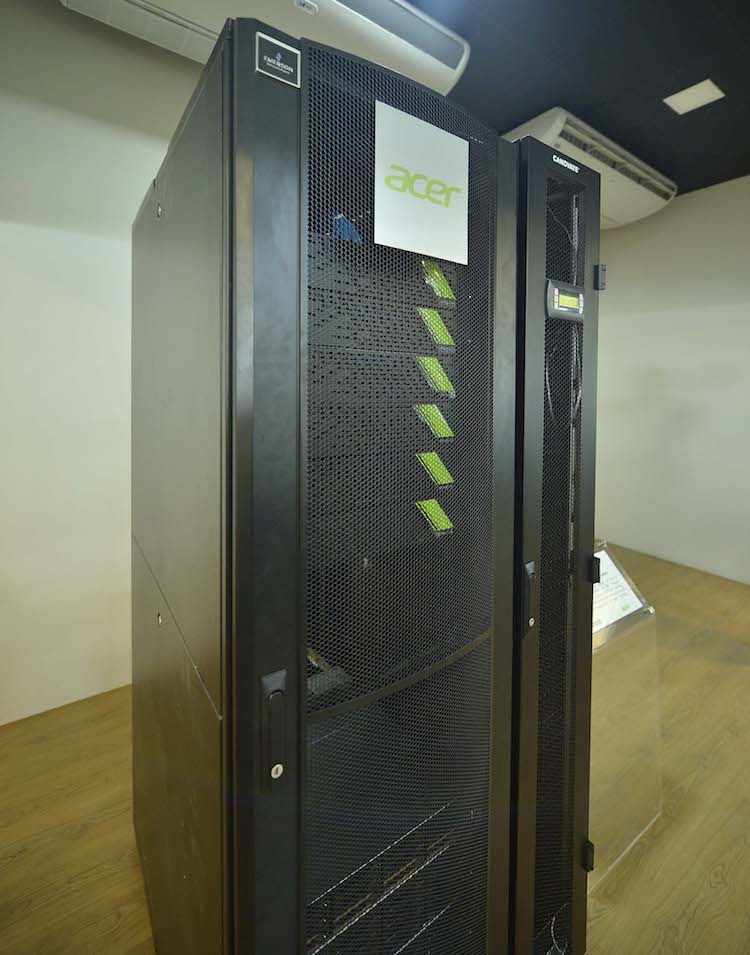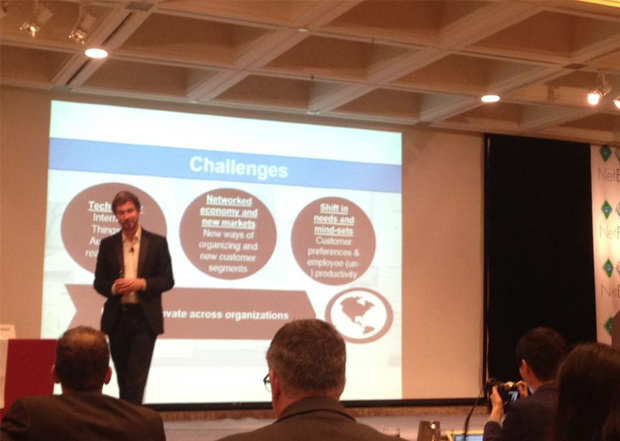The Philippines ranks 47th in a list 56 countries making the most impact on technology innovation.
The report, recently released by the Information Technology and Innovation Foundation, ranks nations based on the impact their economic and trade policies have on global innovation.
Eight categories of countries emerge from this research: Adam Smithian, Advanced Asian Tiger, European Union (EU) Continentalist, EU Up and Comer, Innovation Follower, Innovation Mercantilist, Schumpeterian, and Traditional Mercantilist.
Philippines is categorized as an Innovation Follower.
The report finds that on a per-capita basis, the nations doing the most for global innovation (a combination of more effort on policies that support innovation and less on policies that harm it) are Finland, Sweden, and the United Kingdom. In contrast, India, Indonesia, and Argentina score the lowest overall.
Singapore, Korea, and Finland rank highest on how much their policies contribute to global innovation. In contrast, India (54), China (44), and Thailand (53) have put in place policies that have done the most to harm global innovation.
The United States ranks 10th overall, with policies that do little to detract from global innovation yet fall short of those of other nations when it comes to contributing to global innovation.
China ranks 44th overall, principally because it fields so many policies that actively detract from the global innovation system. The report also finds a strong correlation between countries’ contributions to global innovation and their levels of innovation success, meaning that doing well domestically on innovation policy can also mean doing well for the world.
The report concludes that for the world to maximize global innovation capacity, it will need to develop stronger mechanisms to encourage nations to do more contributing and less detracting.
PH ranks low in human capital indicator
While having the best and brightest minds has always been important, human capital is increasingly vital to innovation. In many cases, today’s innovators and entrepreneurs can disrupt whole industries with nothing more than an education and a laptop.
The United Kingdom, Iceland, Ireland, the United States, and Singapore record the highest
overall scores for human capital indicators, while Indonesia, Kenya, Peru, India, and the Philippines score the lowest.
As for the quality of educational institutions, the United States and the United Kingdom dominate the top 800 university rankings, accounting for about two-thirds of the world’s top 50 universities.
Bulgaria, Costa Rica, Peru, the Philippines and Vietnam each had no universities make the list.
When it comes to research and development, Korea, Japan, Israel, Finland, and Sweden score highest on the R&D and technology policy indicators alone, while Ukraine, Costa Rica, Colombia, Philippines, Thailand, and Romania score weakest.
Transfer of knowledge
It is one thing to conduct research at universities; it is another to effectively transfer that knowledge to the private sector for commercialization.
One key way to incentivize this is for governments to give universities the rights to the intellectual property they produce. In 1980, the U.S. Congress passed the Bayh-Dole Act, which transferred ownership of an invention or discovery from the government agency that had helped to pay for it to the academic institution that had carried out the actual research, thus providing academic researchers with incentives to exploit their ideas.
Since Bayh-Dole, technology transfer offices have more easily been able to facilitate the transfer of economically significant innovations to commercial markets.
Many countries have adopted policies similar to America’s Bayh-Dole Act. The policy is particularly popular among Asian nations, with Indonesia, Malaysia, the Philippines, Singapore, Korea, and Taiwan all enacting policies.
In the area of foreign direct investment, Philippines is among the countries that impose the highest restrictions on FDI.































